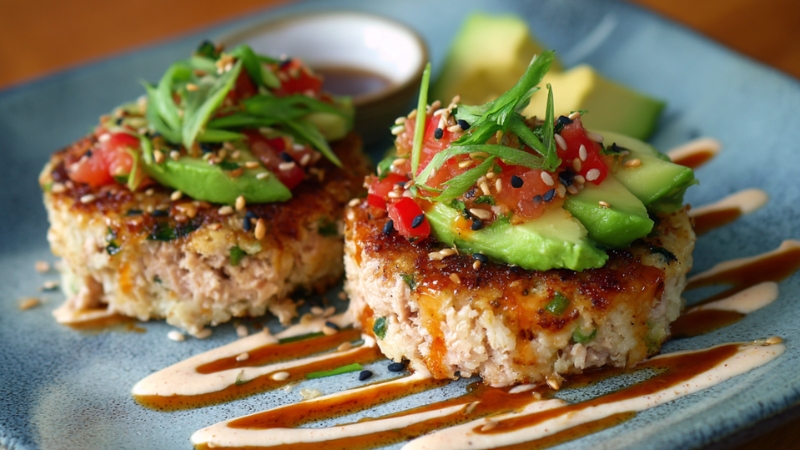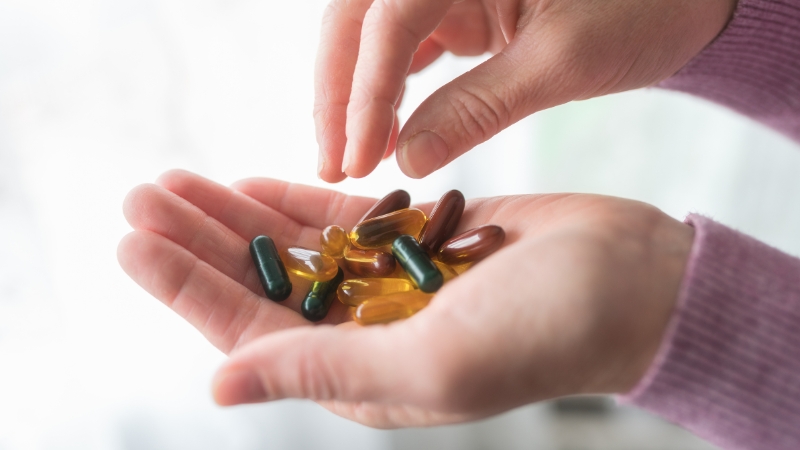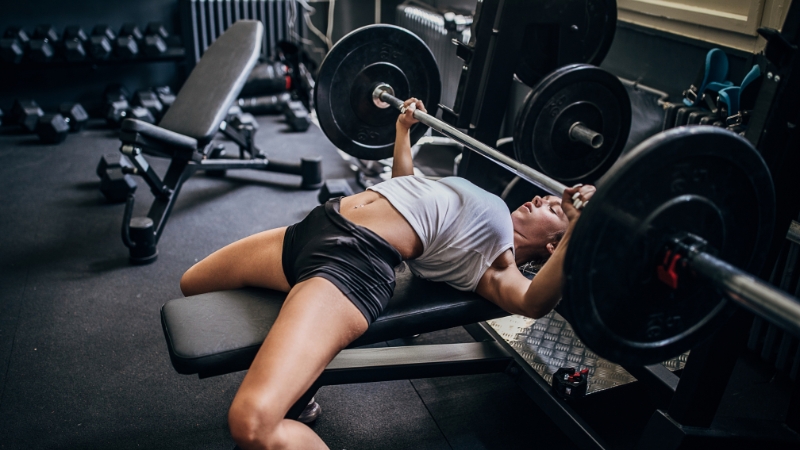
Share Post:
Raw eggs have had a quirky place in fitness culture for decades, mostly thanks to famous scenes in movies where athletes and boxers gulp them down like it’s nothing (you’re thinking about Rocky, right?).
You’ve probably seen it yourself: a character pours raw eggs into a glass, swallows it, and suddenly, they’re unstoppable. But is that reputation deserved, or is it just a Hollywood-inspired myth?
For anyone serious about muscle recovery and nutrition, drinking raw eggs is one of those practices that seems…well, intriguing. So, I wanted to discover what drinking raw eggs is all about, what’s in it for you (or isn’t), and if the risks are worth it.
Table of Contents
ToggleWhat Do Raw Eggs Bring to the Table Nutritionally?

First off, it’s fair to say that eggs are packed with nutrients. You get a solid amount of protein, good fats, and essential vitamins and minerals.
Information:
Nutrient
Amount per Egg
Benefits
Protein
~6 grams
Supports muscle repair and growth
Healthy Fats
~5 grams
Helps with satiety and supports bodily functions
Vitamins & Minerals
Vitamins A, D, E, B12, zinc, selenium
Essential for health and recovery
Are You Really Getting All That Protein?
The bioavailability of protein in raw eggs is lower than in cooked ones. Studies show that your body absorbs about 51% of protein from a raw egg, while it can absorb around 90% when the egg is cooked.
So, drinking raw eggs means leaving a lot of protein on the table. And if you’re drinking them with the idea that you’re “supercharging” your protein intake, it’s likely not doing as much as you’d hoped.
We Have to Mention Salmonella and Other Concerns
A big reason people hesitate to drink raw eggs is the risk of Salmonella, a nasty bacterium that can lead to food poisoning.
According to the Mayo Clinic, symptoms can range from stomach cramps to severe dehydration, and let’s be honest, no one wants that after a workout.
The good news? The odds of contracting Salmonella from raw eggs are low, especially in places where eggs are regulated and inspected.
As stated by UMN, in the U.S., it’s estimated that only about 1 in 20,000 eggs carries Salmonella.
How to Reduce the Risk if You’re Going to Try It
If raw eggs still seem like a worthwhile experiment, there are some steps you can take to lower the risk of bacteria:
- Use pasteurized eggs: These have been treated to kill bacteria without cooking the egg, making them a safer option.
- Avoid cracked or dirty eggs: Cracks can let in bacteria, so only use eggs that are in perfect condition.
- Keep eggs cold: Bacteria can grow quickly at room temperature, so refrigerate eggs properly.
Are Raw Eggs Harder on Your Stomach?
Raw eggs can be tough for some people to digest, causing mild nausea or stomach discomfort. This isn’t the case for everyone, but it’s worth noting that drinking raw eggs may feel quite different from eating them scrambled or poached.
What About Muscle Recovery?
But since cooking increases the bioavailability of protein, cooked eggs likely provide more of the benefits you’re aiming for.
Here’s what’s been shown to help muscle recovery after exercise:
- High-quality protein (like eggs, chicken, or whey)
- Essential amino acids (especially leucine, found in abundance in eggs)
- Fast-digesting carbs (for energy and muscle glycogen replenishment)
Nothing in the research singles out raw eggs as superior for recovery. And if cooked eggs help your body use more of that protein, they could actually be the better choice here. So, unless you enjoy the taste and experience of raw eggs, cooked might be the better route.
Taste, Texture, and Practicality
If you’ve never tried drinking raw eggs, there’s an undeniable shock factor to the texture. It’s, well… slimy, slippery, and a bit strange. For some people, the taste is hard to tolerate (and by “some people” I mean me), while others get used to it over time.
If you’re interested in alternatives, consider adding a high-quality protein powder to a shake. Protein powders deliver more protein per gram, are safer, and often taste much better.
Fun Additions for Shakes or Smoothies
If you decide to use raw eggs in a smoothie, try adding ingredients like:
- Peanut butter or almond butter for flavor and added protein
- Bananas or berries for natural sweetness
- Greek yogurt for a thicker texture and more protein
- Cocoa powder or vanilla extract to mask the egg flavor
The Rocky Legacy and Why People Still Do It
The image of Rocky chugging raw eggs has become iconic. It’s the picture of toughness, grit, and dedication. Some people genuinely enjoy the raw egg ritual because it makes them feel connected to that old-school, no-nonsense fitness attitude.
So, while drinking raw eggs may make you feel a certain way, it’s not necessarily more effective than alternatives.
Safer and More Effective Muscle Recovery Alternatives
If muscle recovery is your goal, there are several safer options:
Protein shakes: Quick, efficient, and often designed with essential amino acids.
Cooked eggs: Offering more protein bioavailability without the risks.
Whole-food sources: Think lean meats, beans, and legumes, which provide complete protein.
Post-workout meals: Combining protein with fast-digesting carbs (like rice or potatoes) can optimize recovery.
Should You Drink Raw Eggs?
And while the risk of Salmonella is small, it’s there. The slimy texture, the taste, and the lower bioavailability of protein all make it a questionable choice when there are so many better options for muscle recovery.
Ultimately, the choice is yours, but with what we know today, there’s no need to put yourself through the raw egg routine unless it genuinely appeals to you. After all, building muscle is about consistency, balance, and quality nutrition—raw eggs are just one of many ways to get there.
Related Posts:
- Strength Training for Women - Busting the Bulky Muscle Myth
- Is Aromatherapy Just a Myth or Does Science Support It?
- Calf Muscle Strains - Symptoms, Causes, and Recovery…
- Best Post-Workout Recovery Hacks for Faster Muscle Repair
- Post-Exercise Sauna Benefits - Accelerate Muscle…
- When Epsom Salt Baths Fail - Real Solutions for Deep…










